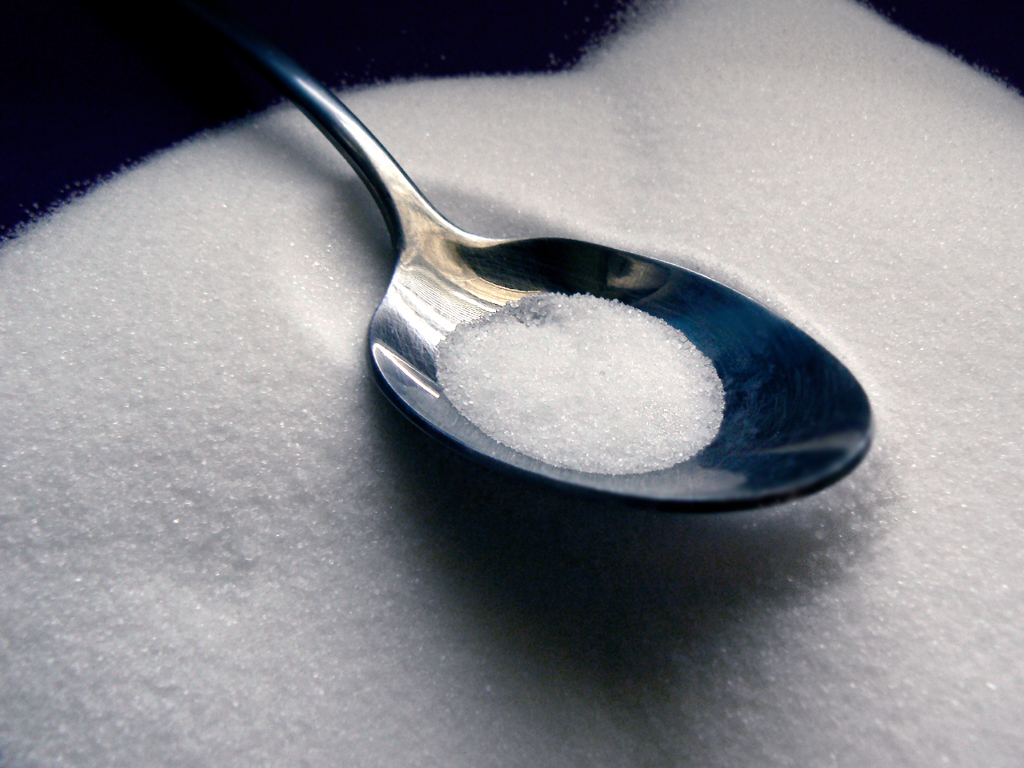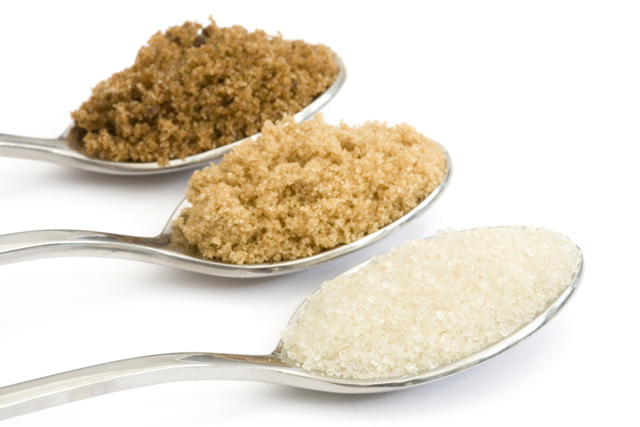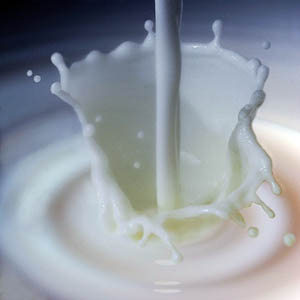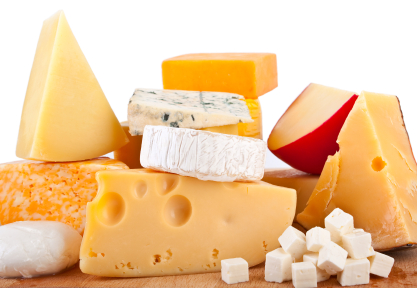
Weight loss surgery patients are sometimes faced with dumping syndrome. You could experience "early dumping" or "late dumping".
In this section you'll learn more about early dumping after weight loss surgery. I'll share diet managment tips that I have found helpful as well as professional information to help reduce these episodes.
Please note that everyone is unique in the way your body responses to food and sugar after surgery. For success after surgery, it is important to find solutions that work for YOU.
what is dumping?
 early dumping can occur early after surgery and usually with 15 to 30 minutes of eating foods high in sugar, and is caused when rapid entry of food and fluids directly into the small intestine, producing decreased blood pressure and increased blood flow to the intestines. Food high in fat can also cause dumping.
early dumping can occur early after surgery and usually with 15 to 30 minutes of eating foods high in sugar, and is caused when rapid entry of food and fluids directly into the small intestine, producing decreased blood pressure and increased blood flow to the intestines. Food high in fat can also cause dumping.
symptoms of early dumping include: nausea, vomiting, abdominal pain, cramps, diarrhea, dizziness, lightheadedness, bloating, belching, fatigue, heart palpitations, rapid heart rate.
late dumping causes low blood sugar caused by excess insulin produced in response to sudden dumping of food and fluids, such as sugar or carbohydrates, into the intestine two hours after eating and can occur much later, 1 to 3 years after weight loss surgery.
symptoms of late dumping include: sweating, weakness, fatigue, dizziness, lightheadedness, shakiness, feelings of anxiety, nervousness, heart palpitations, rapid heart rate, fainting, mental confusion, diarrhea, low blood sugar (hypoglycemia).
Sometimes, hypoglycemia or (late dumping) occurs after meals because the body produces more insulin than is needed. This type of hypoglycemia, called reactive or postprandial hypoglycemia, is not uncommon in people who have had gastric bypass surgery. However, in rare cases, hypoglycemia can be severe (if not corrected by diet) should be reported to your doctor for treatment.
Dumping is painful and very unpleasant—to say the least. Dumping can be avoided by limiting or avoiding sugary and refined foods (white flour, bread, and pastries), and high sugar fruits and juices. Once you have experienced dumping, you will want to avoid it at all cost.
prevention 5,10,15...
 IF the 5, 10, 15 guide is not the “golden rule” of weight loss surgery, it could be.
IF the 5, 10, 15 guide is not the “golden rule” of weight loss surgery, it could be.
Staying within these boundaries is a great way to maintain your health and prevent dumping. Although lap-band and gastric bypass rules may differ the 5, 10, 15 guideline is good reminder.
The 5, 10, 15 is actually more like a guideline than a rule. The idea is that it helps limit your fats with single digits, (around 5 is best) or under 10. Sugar should be limited to under or no more than 10. Carbs should be around 15 to 30. Limiting sugar and carbs help prevent dumping and weight gain.
These guideline numbers are per meal.
If any food item has above these amounts be sure that you adjust your serving size to correspond to your limits… example: if a protein bar as 32 grams of carbs, only eat half the bar.
Remember, this is a guide to help you know the healthier food item choices. The bottom line is balance and health.
Make sure that the fats are the healthier choices such as avocados, nuts and seeds, and healthy oils.
Does this mean you can never eat dessert again? No..at at all. After the weight loss phase you will learn how to manage small portions of tasty treats back into your diet and still be in control of your weight and health. Make sure before adding sugar back into your diet that you can control it and it doesn't control you.
Again, these are suggested guidelines, everyone is different and must find what works for them. The goal is to maintain good health and weight loss for a lifetime.
For more on healthier fats, search MUFA on the side search. More information on dessert and sugar alternatives available on the blog, just search the side bars, categories and information. Also see information on healthy fats, dumping and carbohydrates.
Enjoy...yes you can...
lactose
 According to wikipedia, Lactose intolerance, also called lactase deficiency, is the inability to digest and metabolize lactose, a sugar found in milk. It is caused by a lack of the enzyme lactase in the digestive system, required to break down lactose. It results in symptoms including abdominal pain, bloating, flatulence, diarrhea, nausea, and acid reflux.
According to wikipedia, Lactose intolerance, also called lactase deficiency, is the inability to digest and metabolize lactose, a sugar found in milk. It is caused by a lack of the enzyme lactase in the digestive system, required to break down lactose. It results in symptoms including abdominal pain, bloating, flatulence, diarrhea, nausea, and acid reflux.
Milk sugars found in milk products cause dumping after gastric bypass surgeries. To avoid the symptoms of dumping look for low sugar, low sugar alcohols, and low fat varieties of milk, yogurts, and cheeses.
too much fat
 Eating too much fat can also cause dumping. Fat is slower to digest and heavy on the stomach.
Eating too much fat can also cause dumping. Fat is slower to digest and heavy on the stomach.
Eating too much fat can make you feel as though you swallowed a brick.
Checking food labels is a good habit and helps to prevent dumping.
Fats should be limited to single digits per meal. Five grams is better, especially in the beginning, just after surgery.
